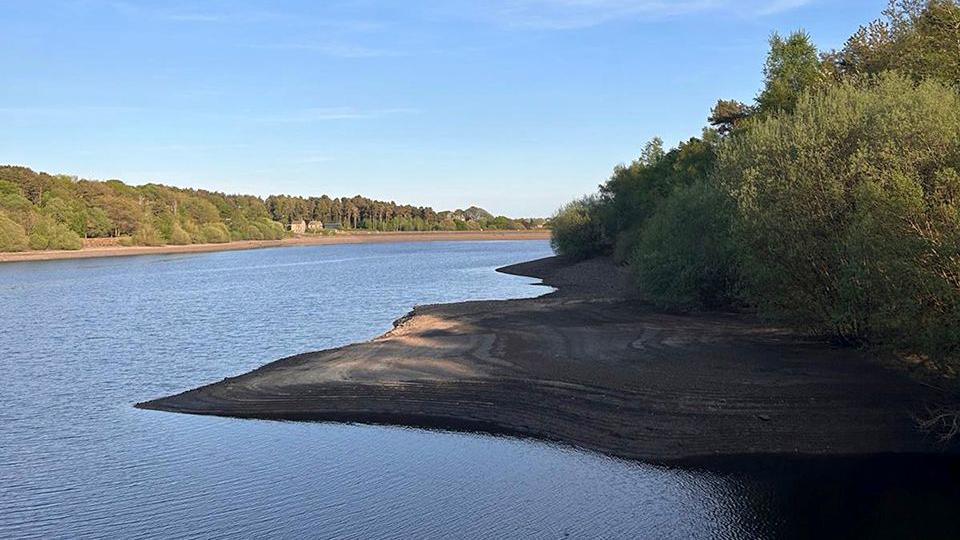Storm boosts county's reservoir and river levels
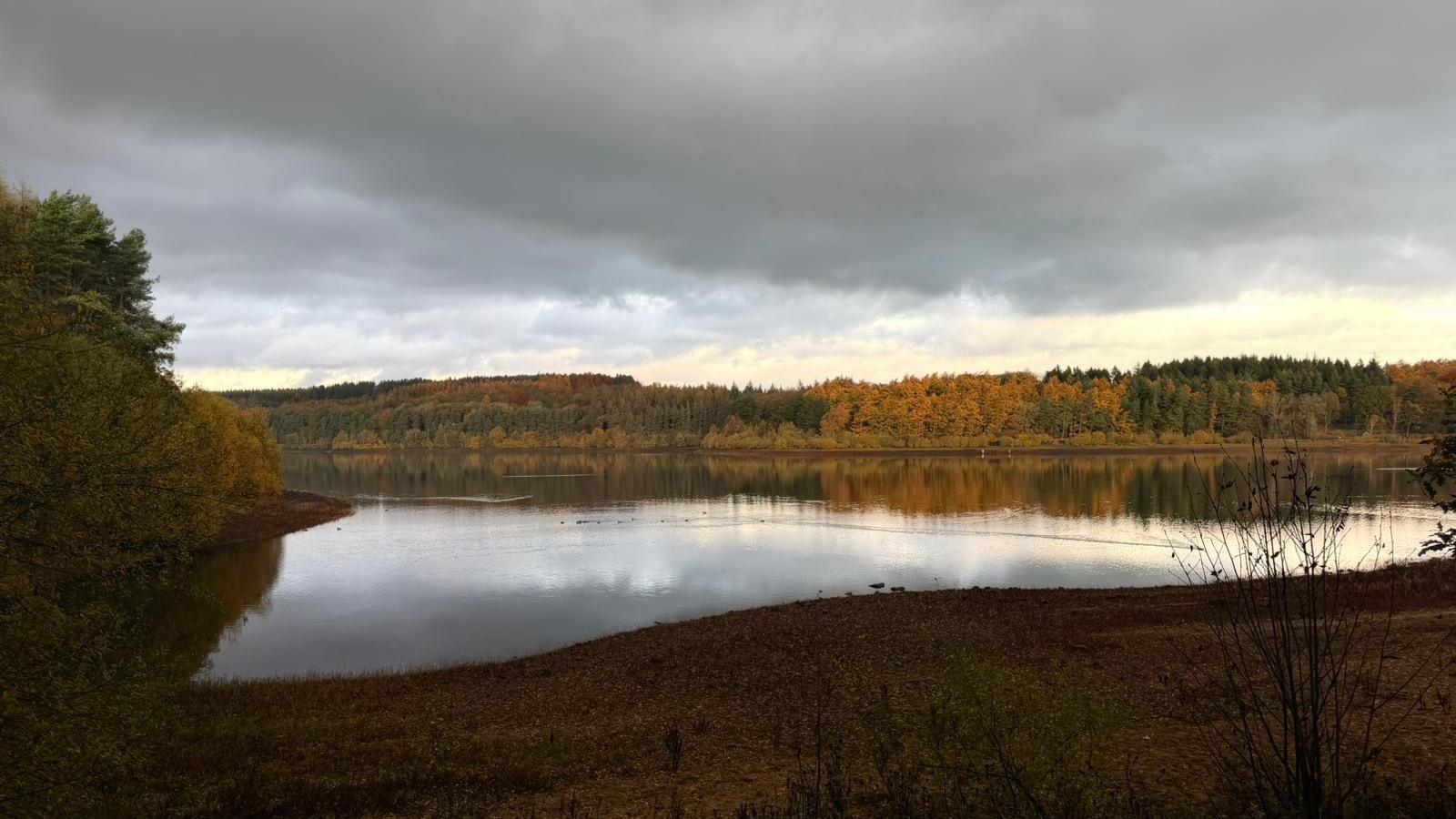
Fewston Reservoir in the Washburn Valley is among those that are up 20% following Storm Claudia
- Published
Heavy rainfall during Storm Claudia has seen a "further improvement" in reservoir and river levels as the region continues to recover from the drought declared earlier this year, according to Yorkshire Water.
The firm said on average, Yorkshire's reservoir levels were now "recovering well" at 80.5%, following a record-breaking increase of 15% - up from 65.3% last week, with Sheffield's reservoirs now 80% full - up from 51% last week, and Hull aquifer levels 46.6% full - up from 38.2% last week.
This summer saw a record low in water levels in Yorkshire, with hosepipe bans imposed in July still in place.
A Yorkshire Water spokesperson said the increases were "a very encouraging step".
The firm said the county was still in official drought status and warned that recent Environment Agency reports indicated that a lower than average rainfall over winter would result in continued drought and risks to water supplies next year.
The spokesperson said that, as a result, "we need to continue managing our resources very carefully".
According to Yorkshire Water's latest figures, reservoirs in the Washburn Valley in North Yorkshire were now 80% full - up from 60% last week.
Meanwhile, reservoirs in Nidderdale were now 81% full - up from 73%, and reservoirs in Calderdale and Kirklees were 86% full - up from 74%.
However, while some reservoirs were now full, the firm said that others still remained below 60%.
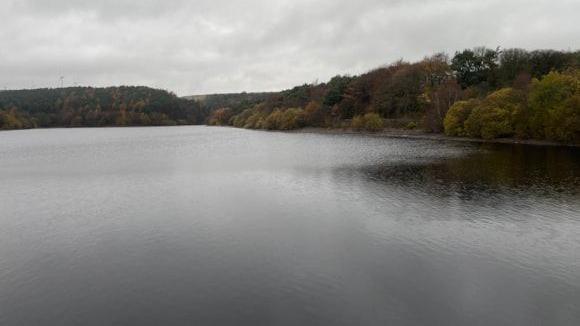
Yorkshire Water says the region's reservoir stocks are replenishing, but at different rates
Dave Kaye, director of water services at Yorkshire Water, said: "The impact of Storm Claudia over the weekend, and our continued drought permit activity, has led to another record-breaking uplift of reservoir levels.
"While nine weeks of positive recovery does not entirely make up for the shortfall left by 28 weeks of decline due to the driest spring and summer on record in the region, it represents a very encouraging step in the right direction."
There were still "varied levels of recovery" across Yorkshire and the firm was "working hard to balance those supplies and move water around via our grid network", Mr Kaye said.
"But, in some cases, this is not possible, and those reservoirs need to recover naturally through rainfall.
"That being said, when we introduced the restrictions in July, we said we would remove them as soon as resources recovered, and that aim has not changed."
The hosepipe ban has meant more than five million householders in Yorkshire have been barred from from watering the garden, washing the car, filling paddling pools or cleaning windows using a hose.
Anyone caught flouting the restrictions is also subject to a potential fine.
Mr Kaye said: "We would like to thank customers in their efforts to stick to the temporary restrictions and those taking steps to conserve water resources."
Get in touch
Tell us which stories we should cover in Yorkshire
Listen to highlights from North Yorkshire on BBC Sounds, catch up with the latest episode of Look North.
- Published7 days ago

- Published11 September
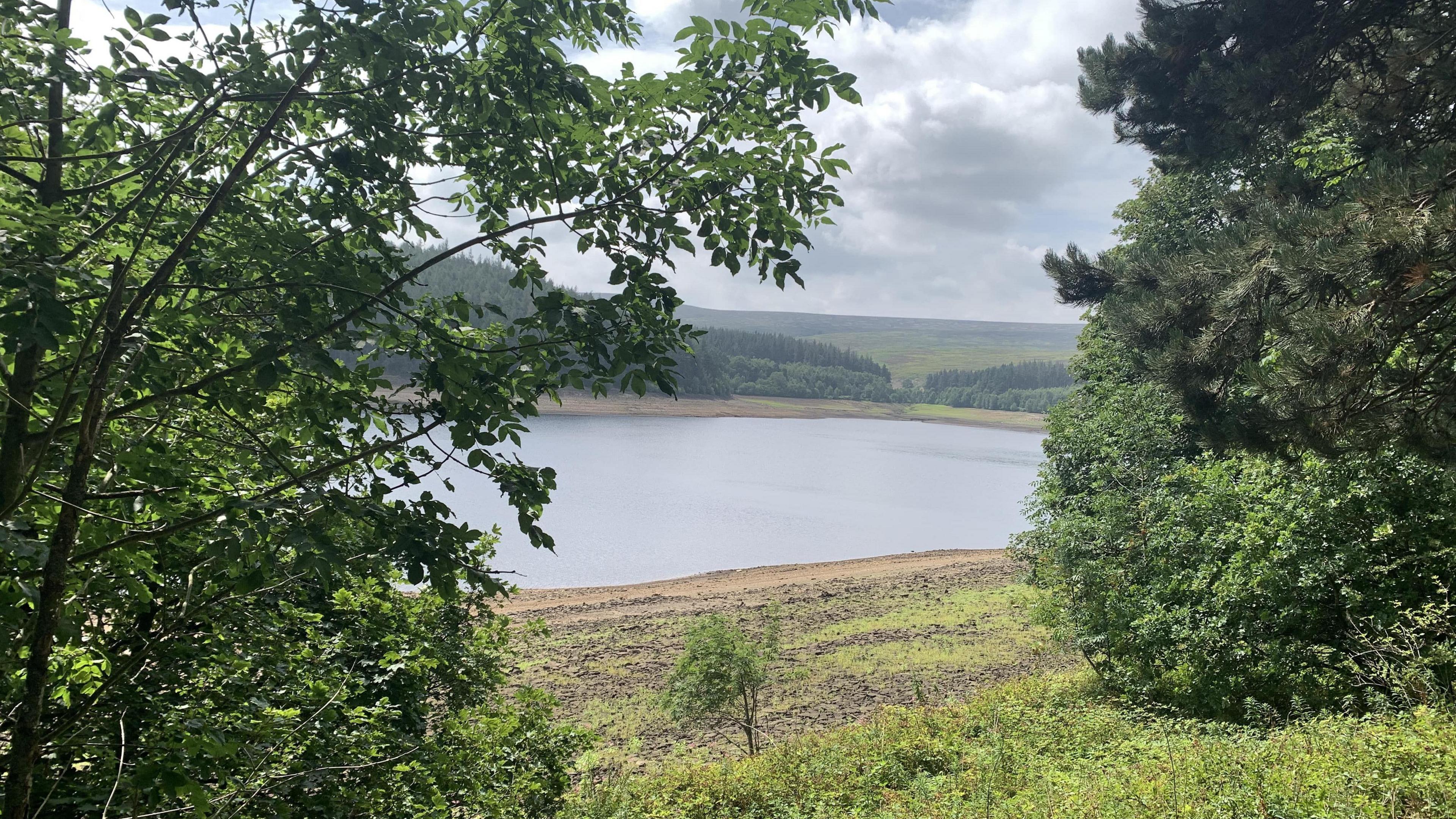
- Published12 August
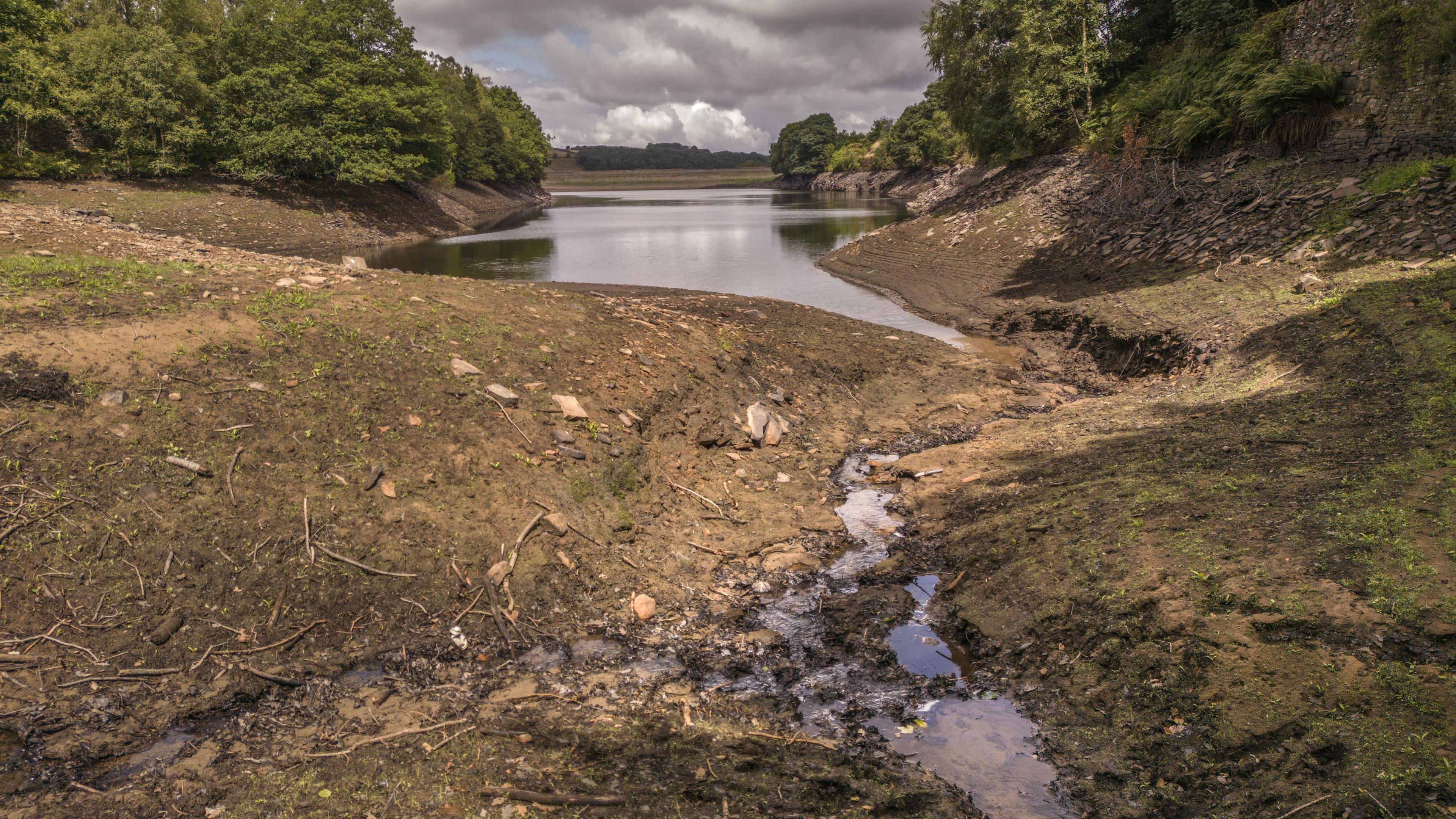
- Published12 June
